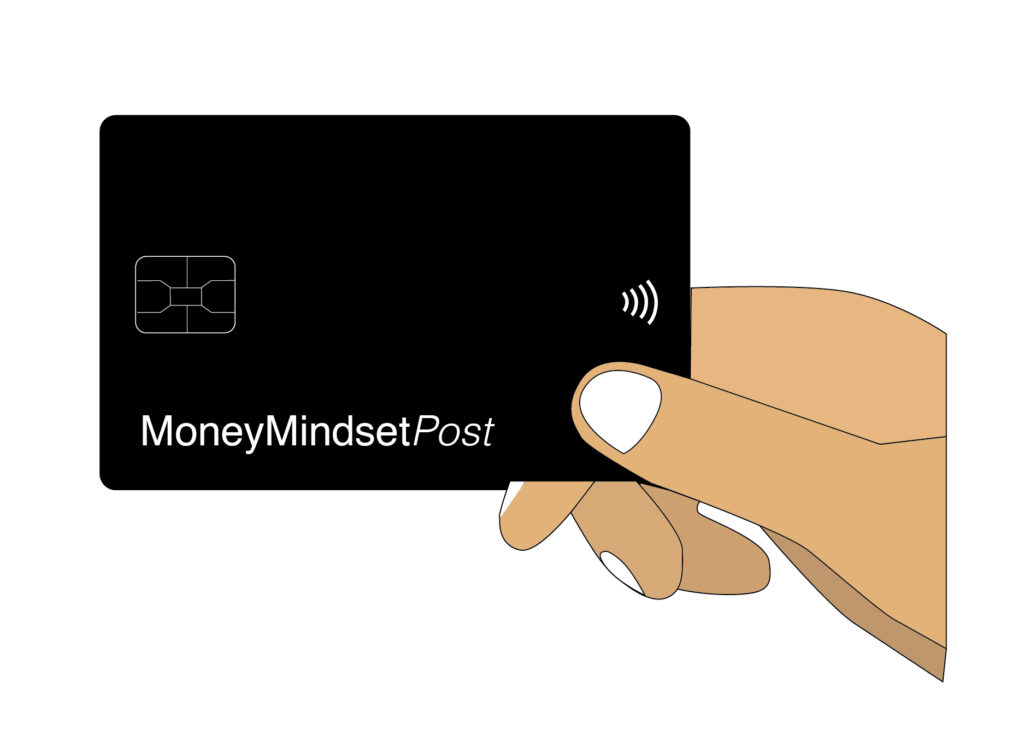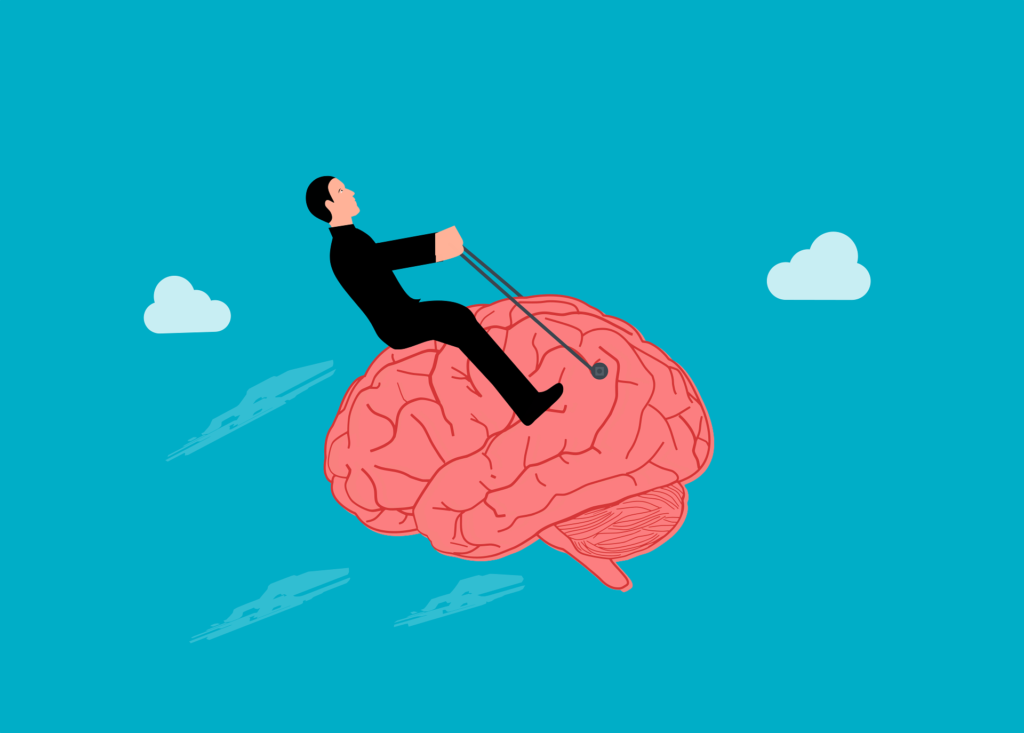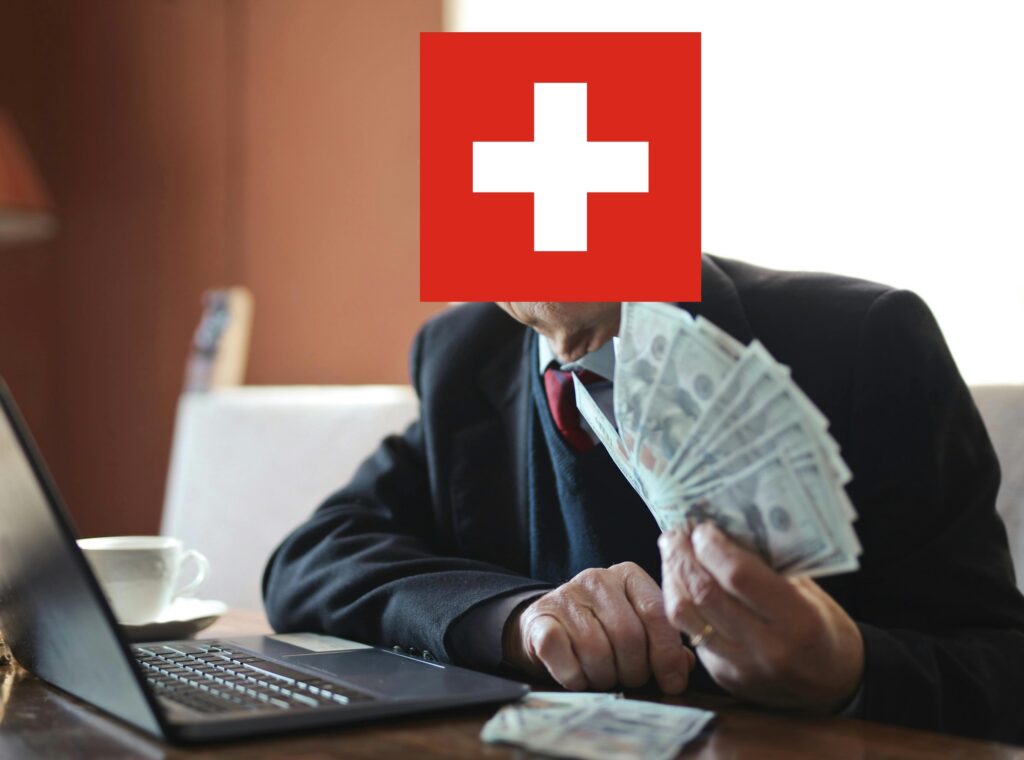Introduction
Credit cards originated in about the 1950s in the U.S. states as an incentive for consumer debt (it basically means buying more than you can actually afford): at that time the interest payable on credit card debt was very low and it was tax deductible. Credit cards were a tool created for spending in an economy that was reviving and needed people to spend a lot right away. Now, this is no longer the case, and credit cards have moved to the side of the black sheep because of sky-high interest rates on debts incurred by users who default on payments: something like 25 to 27 percent per annum! But where is the truth? Are credit cards absolutely to be avoided like the plague, or if used rationally, can they even be an easy money-making tool? Let’s analyze it together.
How not to use credit cards
Perhaps the worst way to use this tool is what we all know, I hope, which is compulsive shopping, swiping the card at the store without even typing in the PIN or storing the card for online purchases. All without keeping track of how much you spend only to have the bitter surprise at the end of the month. This is how many people unfortunately use and get burned by credit cards, getting into debt and creating anxiety and all the health problems associated with it. These people are the best customers of credit card companies, because by getting into debt they pay the high interest rates, which is one of the ways these companies make money (not the only way let’s be clear).
In a nutshell, anyone who cannot control their spending impulses should definitely not own a credit card, because the risk of getting into debt is too high. To these people I can only recommend that they use debit cards linked to their bank account or prepaid credit cards that cannot give credit (go negative in short).
How to use credit cards
How then to be the worst customer for a credit card provider? Simple, buy as if you had a debit card tied to your checking account, jot down your expenses so you always see how much you have spent so far in that month, and pay your monthly installments on time so you pay no interest. By doing it this way, not only will you not spend anything, but you will also gain in two ways: you will have better cash management and you will gain from credit card reward plans.
The first point is to locate a free credit card, that is, one that has no basic annual fee for use. There are a variety of such cards; below is a list of free cards:
The second point is about cash management: a credit card may be useful if you have a sudden expense at that time that goes into your emergency fund and a part of your checking account and consequently you cannot cover with the remainder of your checking account all the expenses you order (food, car, etc.) or you want to make a one-time payment at the end of the month of your recurring expenses so you can wait until your salary payment to pay for everything.
The third point is about cashback: having no debt and using “cashback” programs, you can even earn money depending on how much your monthly spending is. Cashback works basically in the following way: with each purchase you pay for with your credit card, a small amount of money comes back to you. For example, if a card has 1% cashback and you spend 100, you will be credited 1. Be careful not to fall into the trap of overspending to accumulate some extra cashback money-it’s not worth it. However, it’s phenomenal that having the usual monthly expenses that let’s say are on 1000 and having 1% cashback will return 10 to you at the end of the month without having done anything at all and without having incurred any debt; I’m going to hold on to that.
What do I do?
I currently own two credit cards, both free, one with high cashback (Certo by Cembra) and one without but with very favorable foreign currency conversion rates (Migros Cumulus). I therefore use the latter mainly on vacation when I have to pay in foreign currency, precisely because it has very attractive conversion rates, while the former (Certo) I use every day for purchases in Swiss francs. My strategy is not set in stone but will probably vary in the future; I am always looking at what new credit card providers there are and new offers, perhaps with better cashback plans or other rewards. I am still a bad customer for credit cards because I make money from them and not the other way around.
Conclusion
We have seen why credit cards came into existence, how they are misused by most users, and how they should be used instead to even have a monthly income without any effort. I have also shared with you my current strategy, which I repeat may change in the future. I hope you enjoyed the article and see you in the next article, bye!



